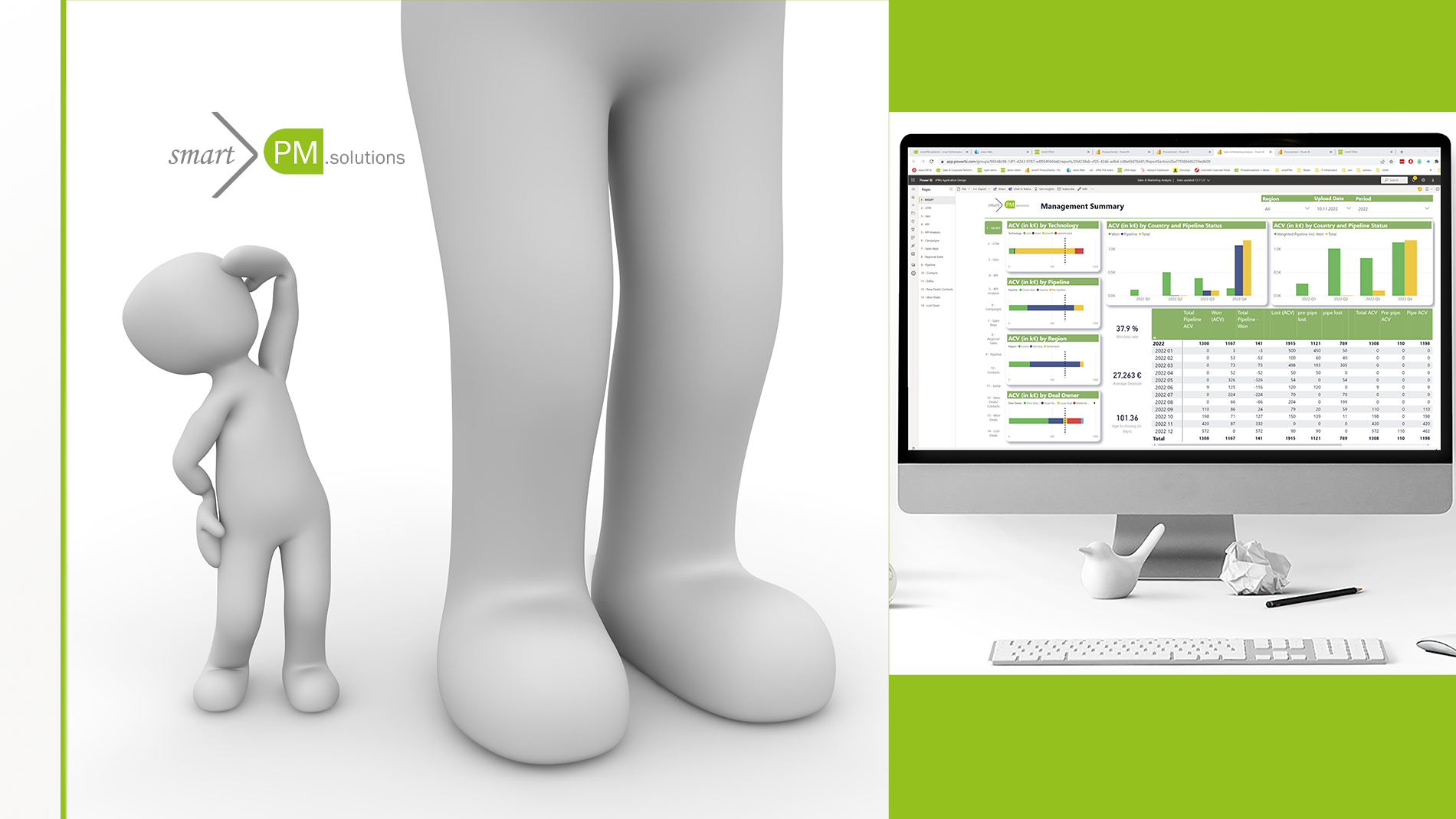Maybe controllers shouldn't read this ...
… at least that was the first thought that crossed my mind when I read an article by Schäffer and Brückner (2019)* on the topic of ‘Changed requirements for controllers through digitization’ last week. It presents a Delphi Study that reveals all the competencies required by controllers in the 21st century. In addition to numerous technical requirements and beneficial personal characteristics, the study names new skills that are currently hardly represented in companies. But at the end of the article, I was more confident again that the controllers, which were already multitasking, would also be able to cope with the new requirements. How you might wonder? I’ll explain that in a moment …
So what are the requirements for 'modern' controllers?
Taking a closer look at the considerable competence package of controllers and CFOs, we should start with the comforting things that haven’t changed in the past few years. This includes requirements such as Expertise and Business Understanding – individually and in combination with:
- Profound expert knowledge of the central processes, concepts and framework conditions in the finance function,
- Knowledge of internal and external accounting
- Knowledge of financial and non-financial key performance indicators
- Project/Portfolio management
- Change management
- Understand the company’s business model and value drivers, including industry knowledge

From the aspect of Personality, controllers should be of integrity, be able to reflect and demonstrate analytical thinking. These characteristics are optimally complemented by problem-solving skills, perseverance, teamwork and communication skills. In addition, goal-orientation, making contexts understandable and a solution-driven, constructive discussion are desirable.
What skills are missing?
So far so good. Up to this point, many controllers would claim to meet these requirements without any problems – this is also shown by the WHU study. But now to the areas of competence where, according to the Delphi study by WHU, the greatest changes have occurred, namely in the area of Digitalization – Technology and Analysis. This is mainly about
- Know-how for optimal data acquisition, processing and visualization with suitable modern system solutions – keyword digitization
- BI and CPM (Corporate Performance Management) tools including statistical model knowledge
- Knowledge of data security and data protection
In addition, Strategic, Proactive Thinking is traded as a new key competence under changing conditions and in the sometimes unstable markets (e.g. in times of crisis). This requirement sounds familiar to me. Right – I have heard this universal guarantee of success again and again from the CFOs, CEOs and technical experts who gave presentations at numerous controlling events over the past year. Proactive decision-making, strategic thinking and no fear of change bring the distinctive advantage and make it possible to survive crises without significant harm or emerge even stronger.
When it comes to skills on the subject of change management, agile methods, digital models and technology & analysis, many controllers lack trust and experience – as the study shows. Self-assessments have highlighted that controllers find themselves lacking knowledge and an understanding of the success factors in these fields. There is a willingness for digitization and the awareness that this will play a major role in the future, the question that arises here is rather – How do I proceed? Which digitization steps do I have to take first? How do I get the most out of it for my business? And: which external experts should I call in to optimally support my controlling department with the changeover?
So…what’s the solution? Breeding the perfect controller in a lab?!
Well, that solution wouldn’t be bad either, but both the authors of that article and we have one or the two better ideas (which also work).
Possible solution 1: There is no such thing as the 'The modern' controller in person, but the controlling community - a nice idea.
This means that there are various specialized roles in the controlling department, which of course can also be bundled and support each other. Accordingly, there are several job profiles with different requirements. The combination could consist of the following controller types:
-
- the experienced ‘operational controller’ with process improvement ideas
- the ‘Data Engineer’, who is responsible for data quality and the (further) development of the reporting, analytics and planning solution and, together with the ‘Decision Scientist’, transfers the results of analyzes into initiatives
- the specialized ‘data scientist’ who works with Machine Learning (ML) algorithms
- the Guardian, which keeps an eye on financial goals and ensures compliance with guidelines
- the ‘business partner’ and decision supporter who advises management
Possible solution 2: 'Learning from Others' and at the same time benefit from the simplification of work
The WHU Delphi study shows that the data engineer, data scientist and decision scientist roles, which are so important for digitization, are hardly represented in companies. Here, the authors Schäffer and Brückner (2019) recommend, among other things, ‘Learning from Others’, because learning in the familiar working environment reaches its limits when major changes are required. Experts in this field, who also have a lot of experience with projects in similar industries, are Consultants for Controlling Software, CPM solutions or, analytics and planning solutions. This means that “several birds can be killed with one stone” and the relief is great.
Thanks to the seamless linking of all company data, all relevant departments can access up-to-date, 100% reliable company data and use numerous predefined analysis and reporting functions including dashboards in the same system. Coordination processes and communication tools minimize the coordination effort and allow tasks to be distributed and monitored easily. Reminder functions included.
This leaves (up to 50% more) time for detailed analysis and forecasting. The seamless embedding of intelligent recommendation systems, e.g. for forecasts, is also a relief. Various statistical forecasting methods including seamlessly integrated ML / AI algorithms can be used here. The variants are clearly visualized and the best option is well-founded. The controller is thus relieved of data science tasks. All parameters are optimized in advance, but statistics “cracks” are free to experiment with parameters at any time.
‘Every beginning is difficult.’ – Changes or innovations are usually associated with considerable effort, but ultimately also with improvements and sometimes with a lot of pride associated with the fact that YOU made it happen. That applies both privately and professionally. Often you have to take the plunge into the deep end.
It is best to supplement the already extensive competencies with one or the other ‘new’ competency and find your position in the company’s own controller community. Acquiring ALL skills weakens your own position – being able to do something well is better than doing everything mediocre and getting burned out as well.
In my opinion, acquiring ALL competencies does not make sense, as controlling software or CPM / BI tools are designed to relieve the user as much as possible and accelerate ‘learning from others’ as a massive acquisition of skills for controllers. Tried and tested solutions make it possible to benefit from the experience of others and not have to reinvent the wheel. That saves time, money and nerves.
One last tip: The competence of the consultants and their specialist knowledge should be checked in advance in software demos. How it works? More on this in the last blog post.
*Schäffer, U., Brückner, L. (2019), Rollenspezifische Kompetenzprofile für das Controlling der Zukunft. Controlling & Management Review 7/2019, S. 14-31





